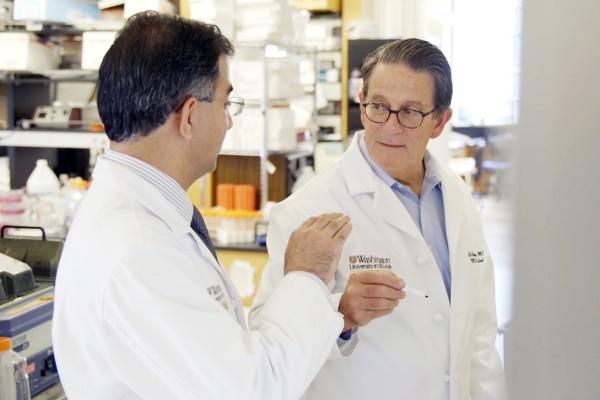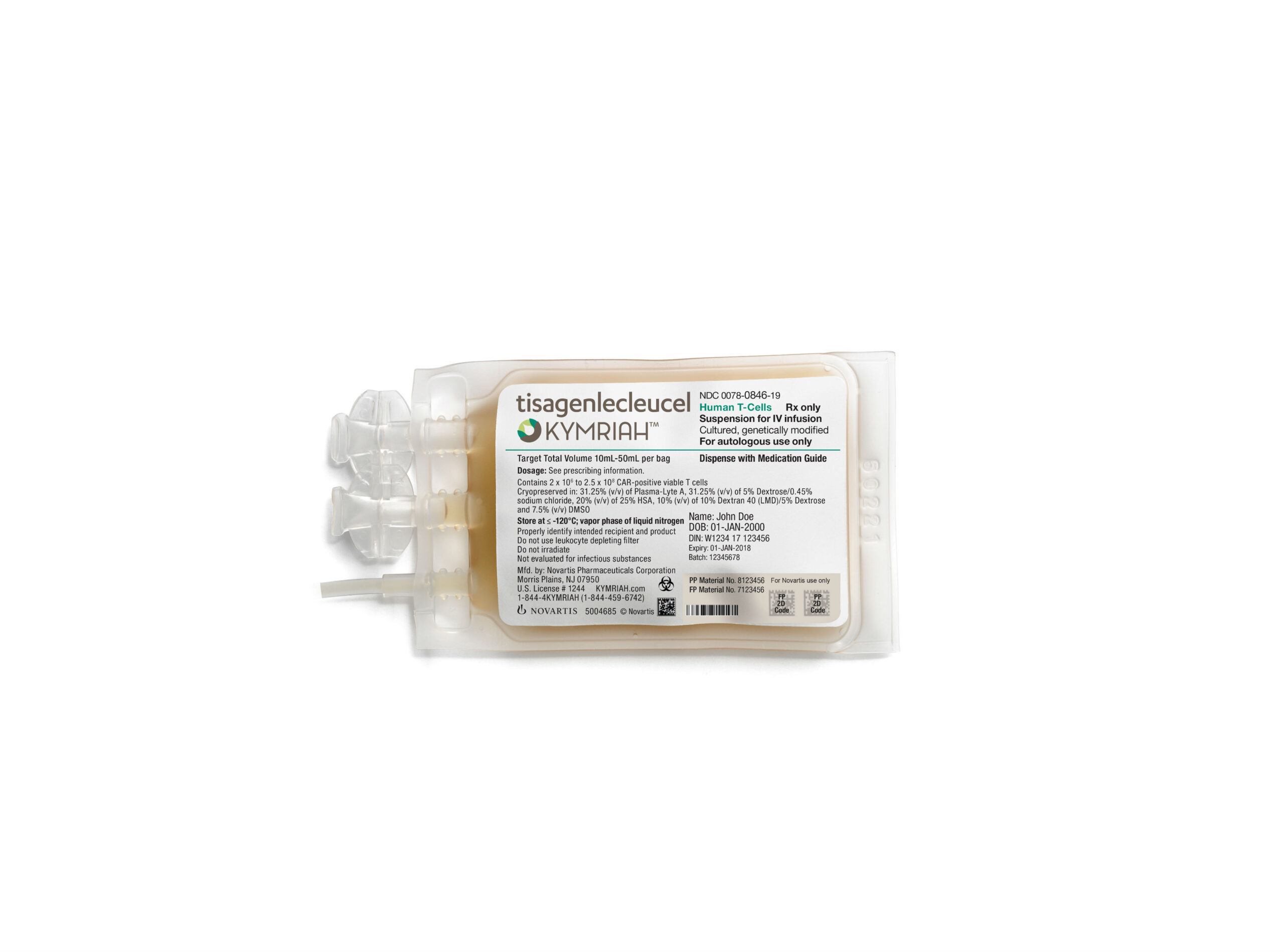While CAR-T cell immunotherapies are showing promise in the treatment of blood cancers like leukemia and lymphoma, these personalized therapies can’t be used in patients diagnosed with T-cell cancers. Now, researchers at Washington University School of Medicine in St. Louis have used CRISPR gene editing to help address this problem and make CAR-T cell immunotherapy an option for these patients.
CAR-T cells are made using immune cells collected from a patient and engineered to recognize and destroy cancer cells. The trouble with CAR-T cells designed to target cancerous T cells is that they will inevitably also kill each other due to the high level of similarity between the immune cell types.
However, the CRISPR gene edited CAR-T cells designed by the Washington University team appear to be able to differentiate between T-cell cancers and other cancer-fighting engineered immune cells. The researchers published their findings in the journal Leukemia.
Since many patients with T-cell cancers have a large number of cancer T cells which are unable to be used to create CAR-T cells, the researchers used donor T cells in their current animal study. Interestingly, their technique did not require that the donor cells be matched to the recipient, meaning patients could be treated using so-called “off-the-shelf” CAR-T cell immunotherapy.
“Cancerous T cells and healthy T cells have exactly the same protein — CD7 — on their surfaces,” said senior author Dr. John F. DiPersio, the Virginia E. and Sam J. Golman Professor of Medicine in Oncology. “But if we program T cells to target CD7, they would attack the cancerous cells and each other, thus undermining this approach. To prevent this T cell fratricide, we used CRISPR/Cas9 gene editing to remove CD7 from healthy T cells, so they no longer carry the target.”
In their study, mice with patient-derived T cell acute lymphoblastic leukemia were treated with either gene-edited CAR-T cells targeting CD7 or those targeting another protein. Mice infused with the CRISPR-edited immune cells survived for 65 days, compared to 31 days for mice in the comparison group.
Another important modification made by DiPersio and his colleagues was to use CRISPR to eliminate a genetic sequence in the T cells which could cause them to identify the patient’s healthy tissue as foreign. They accomplished this by deleting the code for the T cell receptor alpha (TCRa) subunit, thereby preventing the development of potentially-deadly graft-versus-host disease once the donor CAR-T cells were infused into the recipient.
According to the research team, this application of CRISPR gene editing could be useful for other applications involving CAR-T immunotherapy. Healthy donor T-cells could theoretically be collected and stored for future use in a patient with relapsed T cell cancers.
“We have genetically modified these T cells so they are unable to cause graft-versus-host disease but can still kill cancerous cells,” said first author Dr. Matthew L. Cooper, an instructor in medicine. “One additional benefit of this approach is that a patient could receive this therapy much more quickly after diagnosis. We wouldn’t need to harvest the patient’s own T cells and then modify them, which takes time. We also wouldn’t have to find a matched donor. We could collect T cells from any healthy donor and have the gene-edited T cells ready in advance, a strategy termed ‘off-the-shelf’ CAR-T cell therapy.”










Join or login to leave a comment
JOIN LOGIN